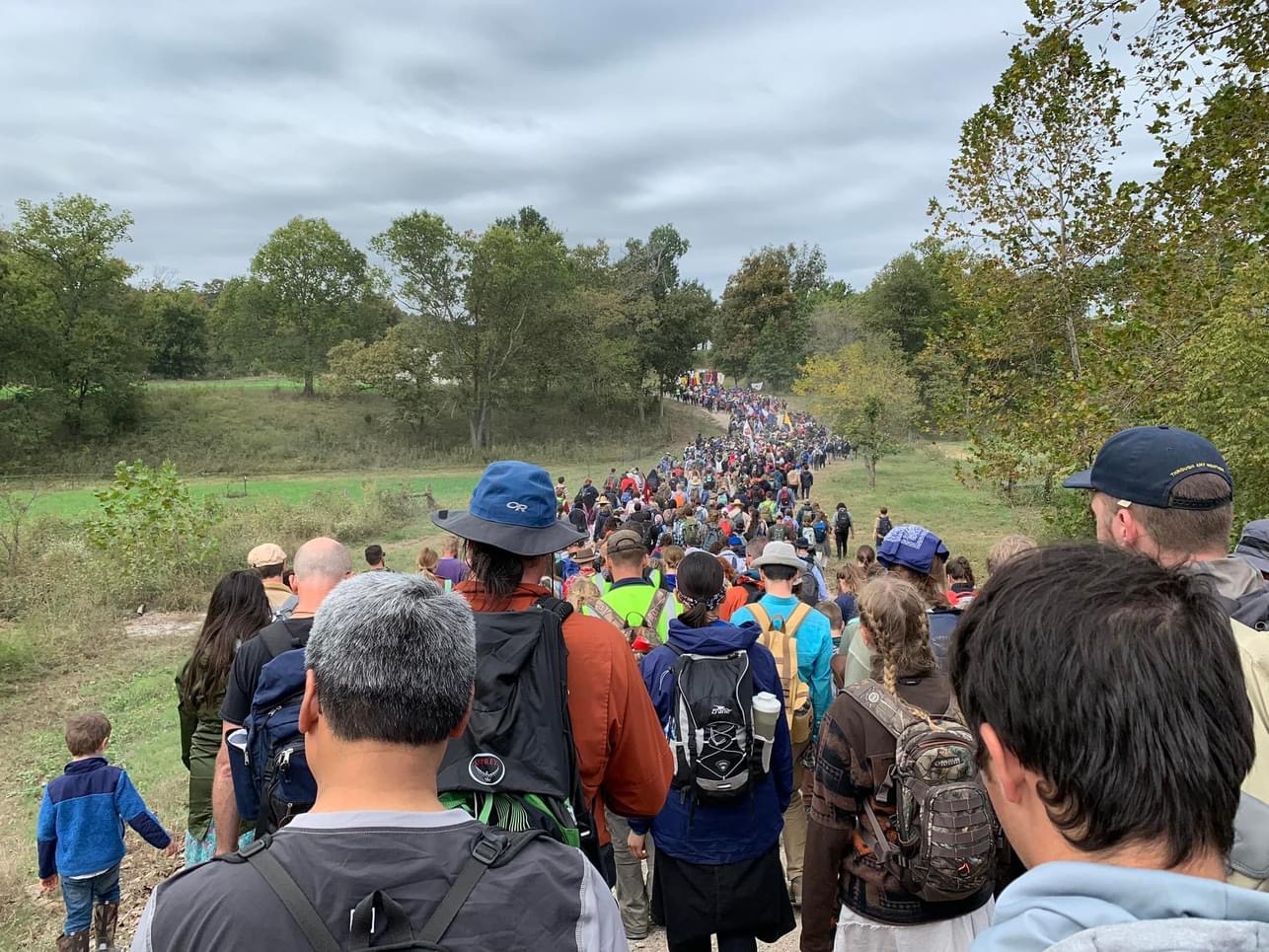Dear Friend of Clear Creek Abbey,
As the last logs (to use a homely metaphor) of the Year of Our Lord 2016 burn slowly down to embers, we remain pensive in our meditations, thinking back over battles lost and won. Before the brave new world of 2017 (whatever it may turn out to be) makes its appearance, there are lessons to be harvested and thanks to be rendered unto God, who alone in all the twists and tumults of this adventure we call life, remains ever the same.
The Child. What would become of the world without children, especially without the Child of Bethlehem? Gazing into the red glow of the Yule log, we might well contemplate childhoods past, present, and to come, marshaled so to speak around the one Child, who, in perfecting childhood itself, brings all the wonder and peace of Christmas. The French poet and essayist, Charles Peguy, was intrigued by the hymn for the feast of the Holy Innocents that depicts the infant martyrs in Heaven playing with their crowns and palms (cf. Hymn Salvete Flores Martyrum by Sedulius).
Blessed John Henry Newman likened the Benedictines, the monks of the old school, to children. In contrast to religious orders that appeared in the late Middle Ages and even those of recent vintage, the black monks’ existence, free for the most part of the complexities of the pastoral care of souls, retains a relative state of leisure and innocence amid its rude penances.
This simplicity is the temper of children, and it is the temper of monks…We are told to be like little children; and where shall we find a more striking instance than is here afforded us of that union of simplicity and reverence, that clear perception of the unseen, yet recognition of the mysterious, which is the characteristic of the first years of human existence? To the monk heaven was next door; he formed no plans, he had no cares; the ravens of his father Benedict were ever at his side. He “went forth” in his youth “to his work and to his labor” until the evening of life; if he lived a day longer, he did a day’s work more; whether he lived many days or few, he labored on to the end of them. He had no wish to see further in advance of his journey than where he was to make his next stage. He ploughed and sowed, he prayed, he meditated, he studied, he wrote, he taught, and then he died and went to heaven. (John Henry Newman, The Mission of St. Benedict)
May we all, monks and friends of monks, continue to appreciate the worth of a holy simplicity that shuns the excessive sophistication of our post-modern societies. It is the same Child of Bethlehem that will ever be our leader in this restoration of spiritual childhood for the good of the Church and the world. Please be assured of our constant thanks and prayers for all you continue to accomplish for us in so many ways. We wish you a most Blessed and Merry Christmas.
+ br. Philip Anderson, abbot




